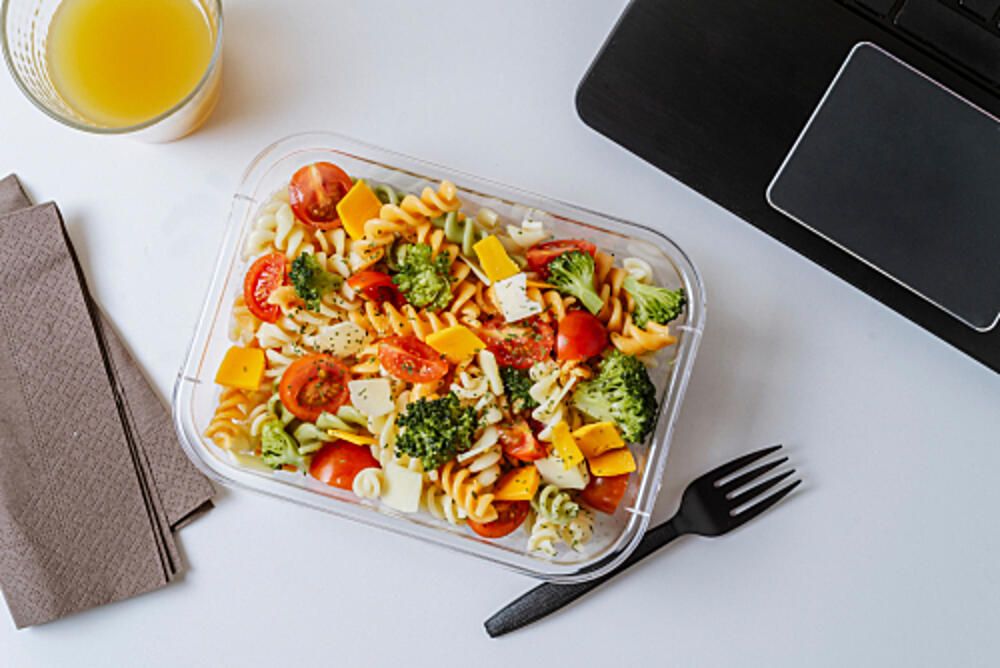At LACOSTA we fight a never-ending battle against unwanted microbes. The battle is often most intense around food. We work in large food processing plants. Your battles are in the office or at home. Those little critters we affectionately call bacteria have an astounding impact on our lives and health, yet most of us know very little about them and what they do.
From the air we breathe to the food we eat to the sicknesses that take us down, these microscopic organisms are everywhere and can cause us both good and bad, depending on their variety and how they affect our health and well-being. To help you understand how bacteria work and how they affect you, read on to learn surprising things you might not know about bacteria!
The good, the bad and the ugly
There are good bacteria, bad bacteria, and everything in between. The best part about having good bacteria around is that it helps to strengthen your immune system and defense against dangerous pathogens. Different kinds of bacteria can also help you digest food or aid in weight loss by giving you energy. Bad bacteria is harmful to us because it causes disease, often through infection or by releasing toxins into our bloodstream.
So not all bacteria are harmful. And some bacteria can’t survive in the human ecosystem.
Cooking and cleaning food areas consistently is often the answer
It’s also important to consider how often you cook and eat out: If you do both regularly, then a spray or wipe might be best for keeping things clean in between meals. If you mostly cook at home but sometimes forget to clean up after cooking meat or fish, then maybe a stronger cleaning agent might be best. If you’re worried about taking proper care of leftovers, then quality sealed containers that are dated with a marker will do the job.
On the other hand…
Antibacterial soaps may kill more than just germs: Overuse of antibacterial soaps may do more harm than good. One study has shown that triclosan (the active ingredient in many antibacterial soaps) has been found to alter hormone regulation and fertility in rats; other studies have linked triclosan exposure to allergies, asthma, and bacterial resistance.
Your gut matters most
We think of antibiotics as a medical cure-all, but they’re actually bad for our guts—they kill both good and bad bacteria. Since gut health is linked to so many things, including brain health, it’s crucial to maintain good levels of these good bugs. People who take antibiotics often have worse gut problems in general than those who don’t; researchers are also finding that exposure to antibiotic-resistant bacteria can make us more vulnerable to infections and diseases. Our best defense against food poisoning is food itself: The most effective way to avoid getting sick from food is simply by cooking your food thoroughly. If you eat undercooked chicken or steak, you’re putting yourself at risk for salmonella or E. coli infection. In fact, some studies suggest that nearly half of all foodborne illnesses come from eating undercooked meat products like hamburgers and chicken breasts. So, the next time you go to lunch, you must accept that millions of microbes are having lunch at the same time. The main strategies are to keep all food preparation and dining areas clean and avoid those super juicy undercooked (sorry, that includes steaks) meat and fish (Sushi? No way!).


